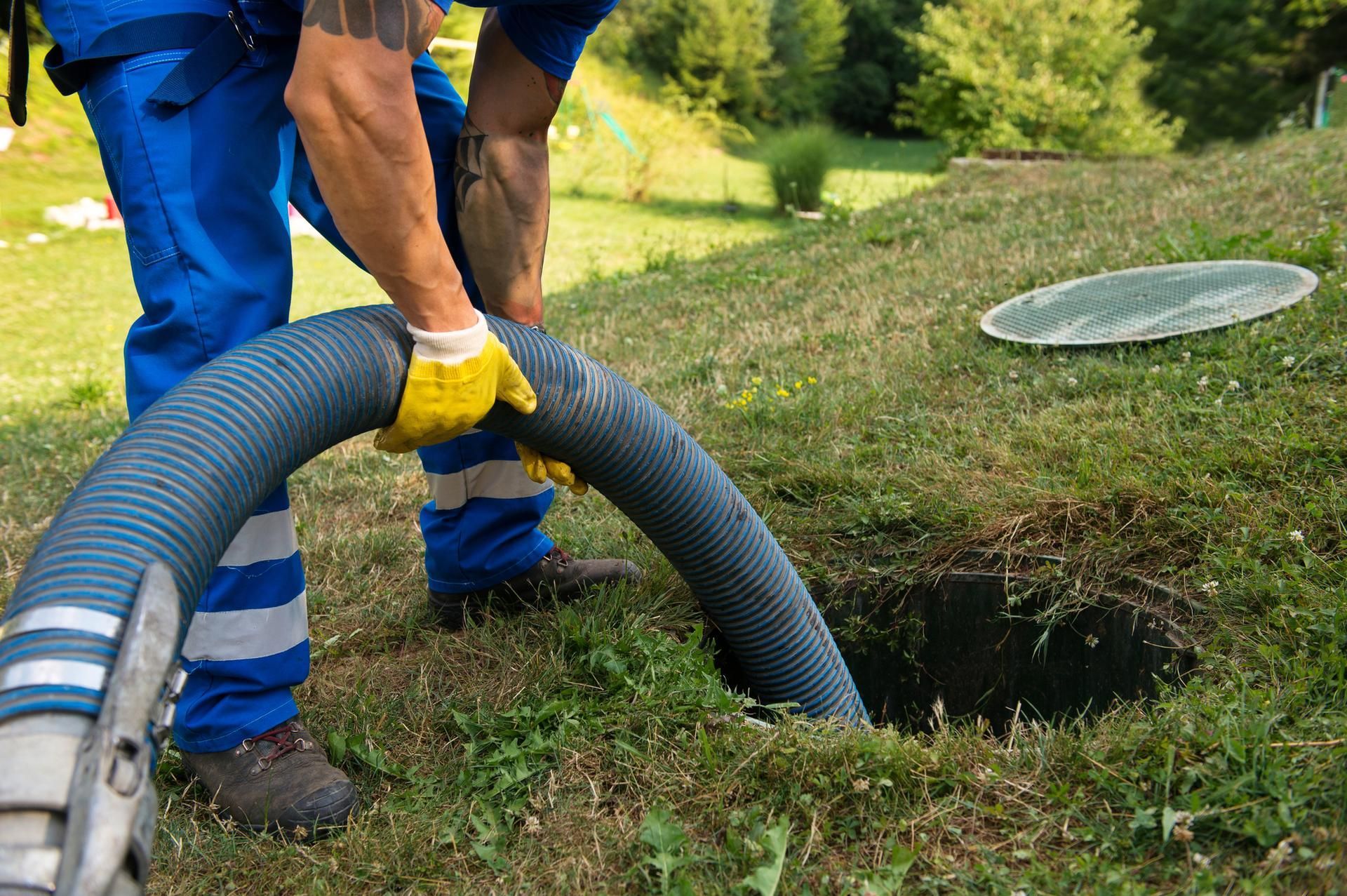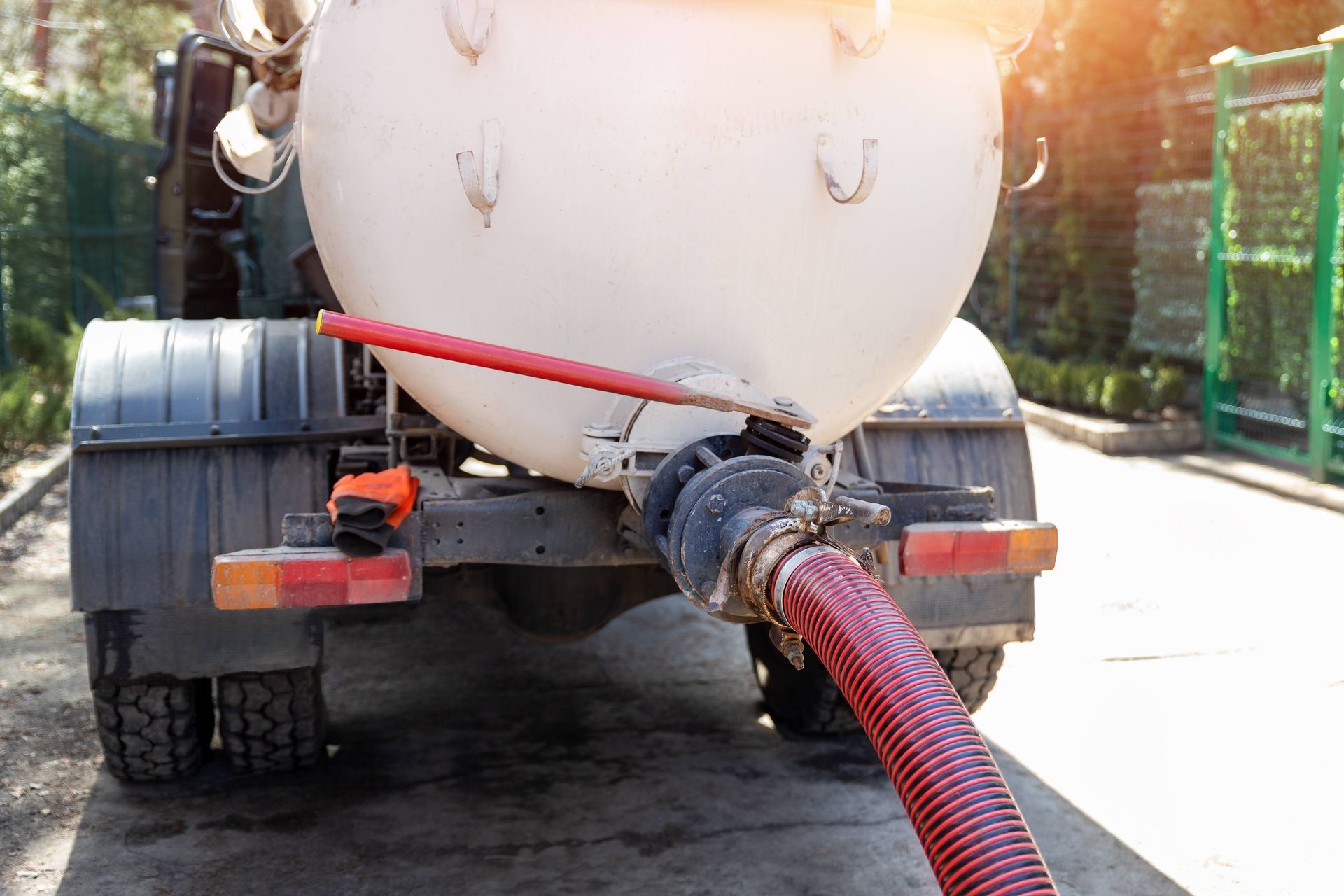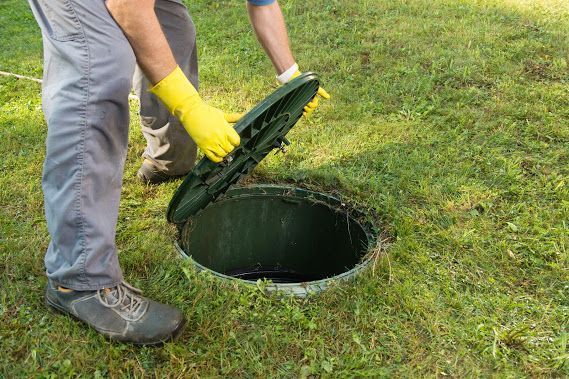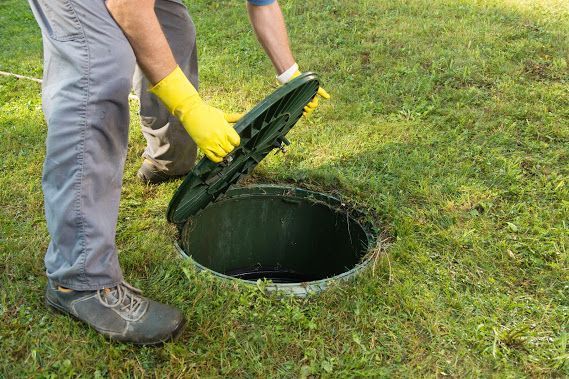7 Tips on Extending the Lifespan of Your Concrete Septic Tank
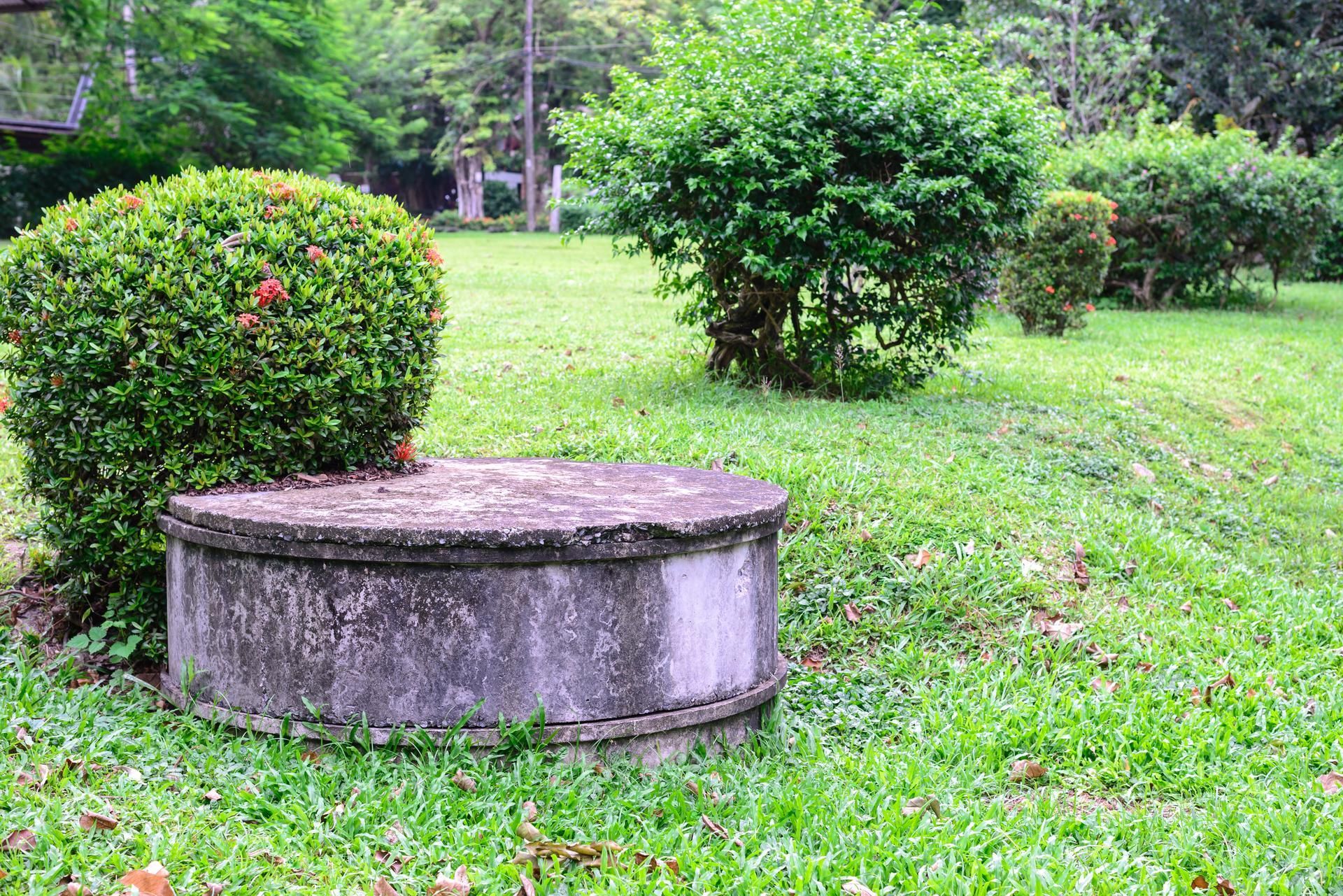
Concrete septic tanks are a fundamental part of many homes, ensuring efficient waste management. However, to keep them functioning effectively and to extend their lifespan, it's crucial to engage in proper maintenance practices. Here are seven valuable tips to help you maintain the health and longevity of your concrete septic tank.
Regular Inspections and Pumping
It's crucial to have your septic tank professionally inspected regularly and ensure it is pumped every few years to maintain optimal performance. Regular inspections are key as they can identify potential problems early, such as leaks or blockages, which, if left unattended, could lead to more severe and expensive issues in the future. By adhering to this maintenance schedule, you can significantly reduce the risk of major system failures, thereby preventing costly repairs or the need for complete system replacement down the line.
Efficient Water Use
Excessive water use in the home not only increases utility bills but can also put undue strain on your septic system. By adopting various water-saving practices, you can significantly mitigate this risk. Addressing common household issues like fixing leaky faucets and pipes, installing water-efficient fixtures such as low-flow toilets and showerheads, and strategically spacing out laundry days to avoid excessive water use at once can all contribute to the longevity and efficiency of your septic tank, ensuring it operates effectively without the risk of overloading.
Proper Waste Disposal
It's crucial to be cautious about what you pour down your drains. Disposing of household chemicals, items that do not biodegrade, and excessive kitchen grease should be avoided at all costs. These substances can severely damage your septic system, leading to costly repairs, and can also clog your drain field, causing environmental harm and potentially affecting local water sources. Remember, a little mindfulness in waste disposal can go a long way in preserving your home's plumbing health and protecting the environment.
Protect Your Drain Field
The drain field is an essential component of your septic system, serving the important function of filtering out contaminants from the water that exits your septic tank. This process is vital for preventing groundwater pollution. It's important to take certain precautions if you want your septic tank to last for a long time. Firstly, avoid parking or driving any vehicles over the drain field area, as the weight can compact the soil and damage the underlying system. Secondly, be cautious about the landscaping near your drain field. Planting trees too close can be problematic, as their roots may grow into the system, leading to blockages or even system failure. By following these guidelines, you can help protect your drain field and maintain the efficiency of your septic system.
Use Additives Cautiously
Some products on the market claim to boost your septic system's performance by breaking down waste more efficiently or reducing odors. However, these additives can sometimes cause more harm than good, upsetting the delicate balance of bacteria within the system or leading to other unforeseen issues. Before considering adding any substances to your septic tank, it's wise to consult with a professional. They can advise you on the best course of action based on the specific needs of your system and help you avoid potential problems down the line.
Mind the Surrounding Landscape
It's crucial to manage the landscape surrounding these areas to promote proper drainage and maintain the health of your septic tank and drain field. This involves strategically shaping the terrain so that water from rainfall is directed away from these critical components. Allowing water to pool or waterlog these areas can lead to significant problems, impairing their ability to effectively process wastewater and potentially causing backups or system failures. Therefore, careful planning and landscape management can play a vital role in maintaining the health and efficiency of your septic system.
Regularly Check for Root Intrusions
Over time, tree and shrub roots can pose significant threats to the integrity and functionality of your septic tank and drain field. Roots can grow into cracks or seams in the concrete, causing blockages, leaks, or even structural damage. To prevent such issues, it's advisable to routinely inspect the area around your septic tank and drain field for signs of root invasion and remove any vegetation that threatens the system. Additionally, when planning your landscape, choose plants with shallow root systems and keep them at a safe distance from your septic system components. This preventative measure can save you from costly repairs and ensure your septic system continues to operate efficiently.
By faithfully following these seven essential tips, you can markedly prolong the durability of your concrete septic tank, guaranteeing its efficient operation for many years into the future. It's important to recognize that regular maintenance, though it might seem minimal at the time, plays a crucial role in preventing major problems later on. Consistent care and attention to your septic system can save you from inconvenient and costly repairs, ensuring that your septic system remains a reliable component of your home's infrastructure.
If your septic tank needs maintenance or repairs, contact Bowen's Septic & Plumbing to schedule an appointment.
BUSINESS HOURS
- Mon - Fri
- -
- Saturday
- -
- Sunday
- Closed


